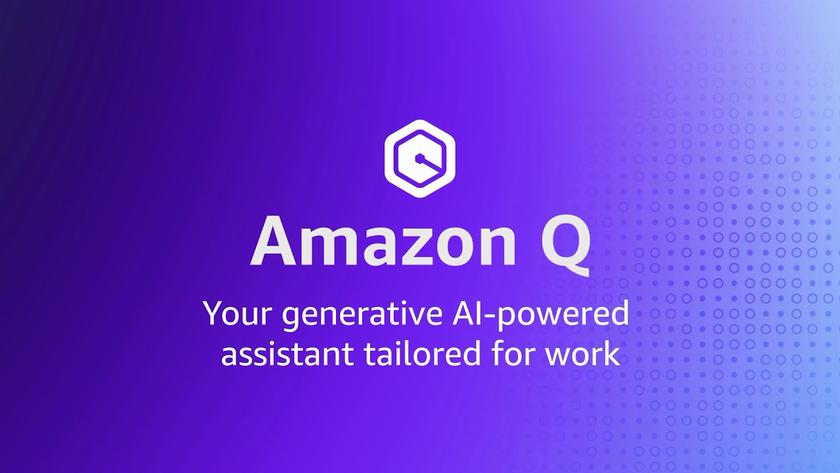
Amazon launches Q, a “working” AI chatbot for companies that will answer employees’ questions
Currently, Amazon Q is only available to Amazon Connect users (AWS’s contact center service), but it will be expanded to other services in the future.
Amazon’s cloud business AWS has launched a chat tool that allows employees to learn more about the company they work for. An assistant that works as a generative AI learns from company data and can tell you, for example, about management’s instructions for a logo or help you understand another engineer’s code to support an application. Amazon says the tool simplifies work and saves time that would otherwise be spent reviewing dozens of corporate documents.
You can access Amazon Q through the AWS management console or individual company documentation pages, developer environments such as Slack, and other third-party applications.
AWS CEO Adam Selipski noted that the questions asked to the assistant “will not be used to train any basic models.”
Amazon Q can work with any model from Amazon Bedrock, AWS’s AI model repository, which includes Meta’s Llama 2 and Anthropic’s Claude 2. AWS says the chatbot has been trained based on 17 years of experience with AWS, and it can also be asked questions about the cloud or available services.
Amazon Q is currently only available to Amazon Connect users, AWS’s contact center service, but will be expanded to other services such as Amazon Supply Chain, which helps customers track supply chain management, and Amazon QuickSight, a business intelligence platform.
Prices for Amazon Q in Connect start at $40 per agent per month. According to the AWS Connect website, users can try out the chatbot in Connect “for free until March 1, 2024.”
Other companies already have similar products: Microsoft’s Copilot does something similar for Windows users, Dropbox’s Dash lets people query saved documents, and Notion this month announced an AI-powered note search feature.
AWS will offer Bedrock users the ability to set their own restrictions on the models they use to build AI applications (the current ones already comply with data privacy and responsible artificial intelligence standards).

